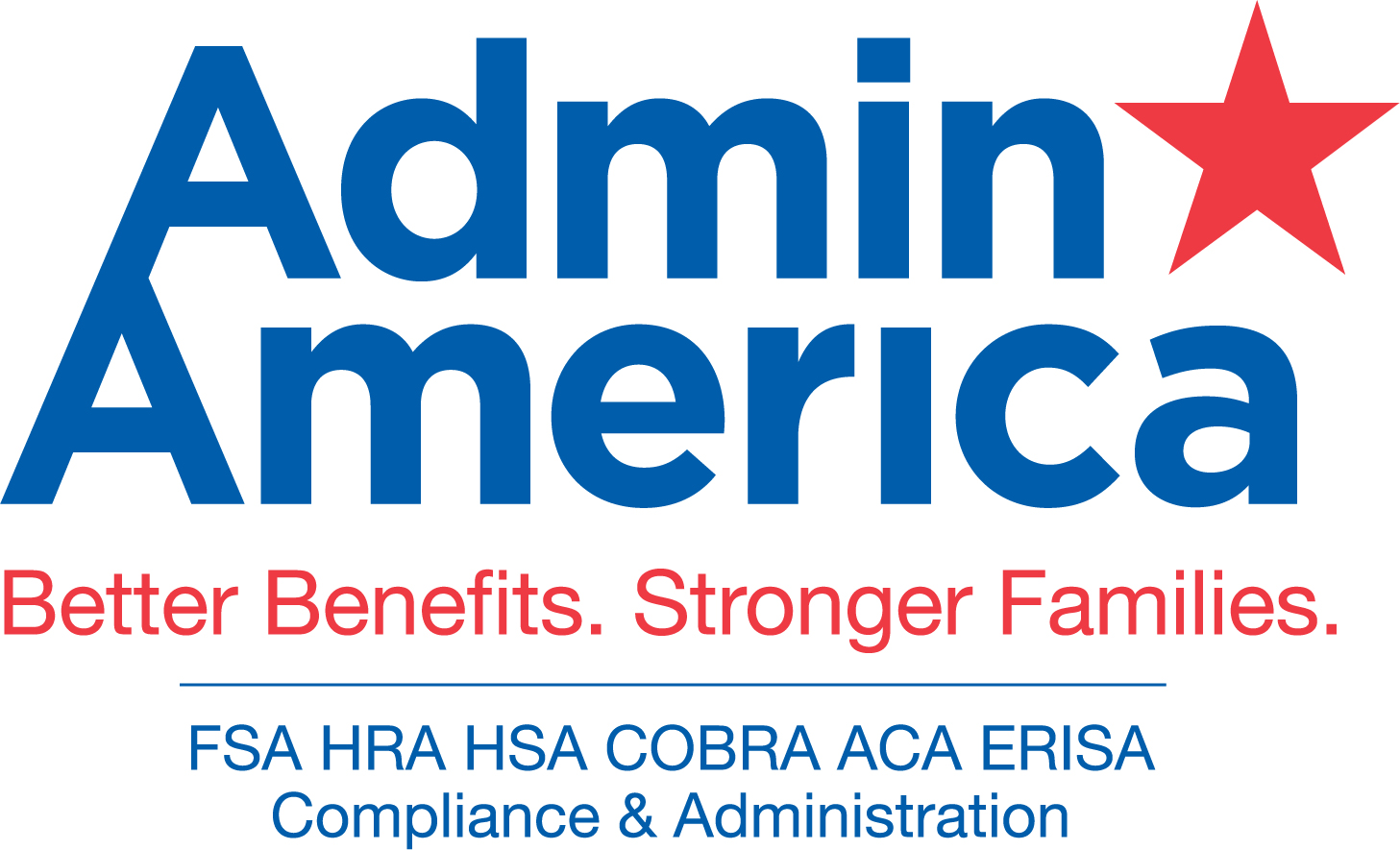The federal government has responded to the coronavirus pandemic with numerous legislative and regulatory changes to help Americans deal with the health and economic challenges we are going through this Spring. Included along with the stimulus checks, loan packages and enhanced unemployment benefits are other provisions that, while smaller in impact, should prove beneficial to families covered by account based health reimbursement plans.
One of these changes that will impact the largest number of plan participants is the permanent repeal of the requirement for a prescription issued by a physician in order for Health Savings Accounts (HSAs), Flexible Spending Arrangements (FSAs) and Health Reimbursement Arrangements (HRAs) to reimburse the cost of over-the-counter medications. This repeal was an element of the CARES Act signed by President Trump on Friday, March 27 but is retroactive to January 1 of this year for all plans. In addition, the CARES Act also authorized, for the first time, all three types of account based plans to reimburse feminine hygiene products.

Account based plans no longer being subject to the over-the-counter medications prescription requirement raises two issues that plan participants should keep in mind. First, participants utilizing plan issued electronic payment cards to purchase over-the-counter medications may experience denials at the point of sale in the near term future. Many retailers utilize an automated database system to screen individual products for eligibility for payment with the specialized electronic payment cards issued by account based plans. It may take several months for some retailers to update their databases with the thousands of newly eligible products.
The second issue participants need to remember is that over-the-counter medications remain subject to the general rules account based plans must apply in determining reimbursement eligibility. For example, plans are not authorized to reimburse expenses which are primarily for general wellness as opposed to a specific medical condition. This means that purchases of vitamins and supplements will typically require additional documentation from a health care provider regarding the specific medical condition for which they are being purchased.
The remaining account based plan related changes described below are more specific to HSAs and the High Deductible Health Plans (HDHPs) that individuals are required to have coverage under in order to make HSA contributions.
In order to increase access to health care for individuals covered under HDHP plans, the CARES Act included a provision that allows for first dollar coverage of telehealth services (i.e., participants are not required to meet the HDHP’s annual deductible before receiving benefits for telehealth services). Ordinarily, if an HDHP provided first dollar coverage for telehealth services, individuals covered under the plan would not be eligible to make contributions to their HSA for any month such coverage was in place. This temporary exemption added to the CARES Act waives that restriction. The temporary provision is in effect from March 27, 2020 until December 31, 2021.
Another waiver of the general rule against first dollar HDHP coverage was issued by the IRS to allow plans to cover all COVID-19 related testing and treatment prior to the covered individual meeting their annual deductible. This waiver does not compel plans on their own to provide this coverage although other newly enacted federal laws such as the Families First Coronavirus Response Act (the FFCRA) generally mandate COVID-19 related coverage (but that’s a topic for another post).
Lastly, as part of the IRS’s extension of the 2019 tax year return filing deadline from April 15 until July 15, 2020, other deadlines linked to the return filing deadline were also impacted. These included the deadline for individuals to make 2019 tax year HSA contributions and to take curative distributions in the event they had contributed too much to their accounts in 2019.
If you have any questions about any of these changes, please e-mail customerservice@adminamerica.com or call 800-366-2961, Monday through Friday 8:30 a.m. to 5:00 p.m.

